
The realm of scientific and psychological experimentation often dances on the edge of ethics and legality. Many experiments conducted in the past, once shrouded in secrecy, have been declassified, revealing shocking revelations about human behavior and institutional overreach. These stories provide a window into a time when the quest for knowledge sometimes overpowered moral considerations.
Project MK-Ultra: The CIA’s Mind Control Quest
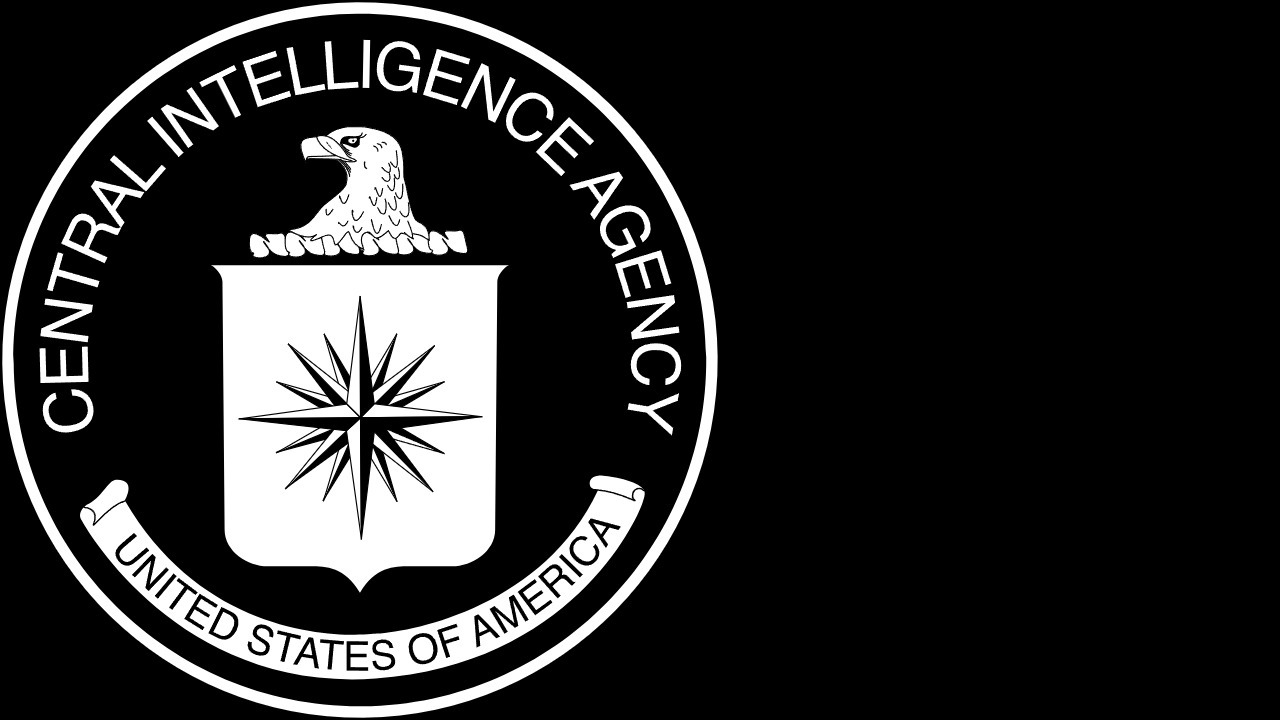
Project MK-Ultra remains one of the most infamous instances of declassified government experiments. Conducted by the CIA in the 1950s and 60s, this program aimed to explore the possibilities of mind control. Subjects, often unwitting, were administered drugs like LSD and subjected to sensory deprivation, hypnosis, and verbal abuse. The implications of MK-Ultra demonstrate the lengths to which intelligence agencies might go in the name of national security.
The ethical breaches of MK-Ultra were profound, leading to numerous lawsuits and public outcry once the program became public knowledge. The project not only exposed participants to dangerous substances but also raised questions about the role of governmental oversight in experimental research.
The Stanford Prison Experiment: A Descent into Darkness
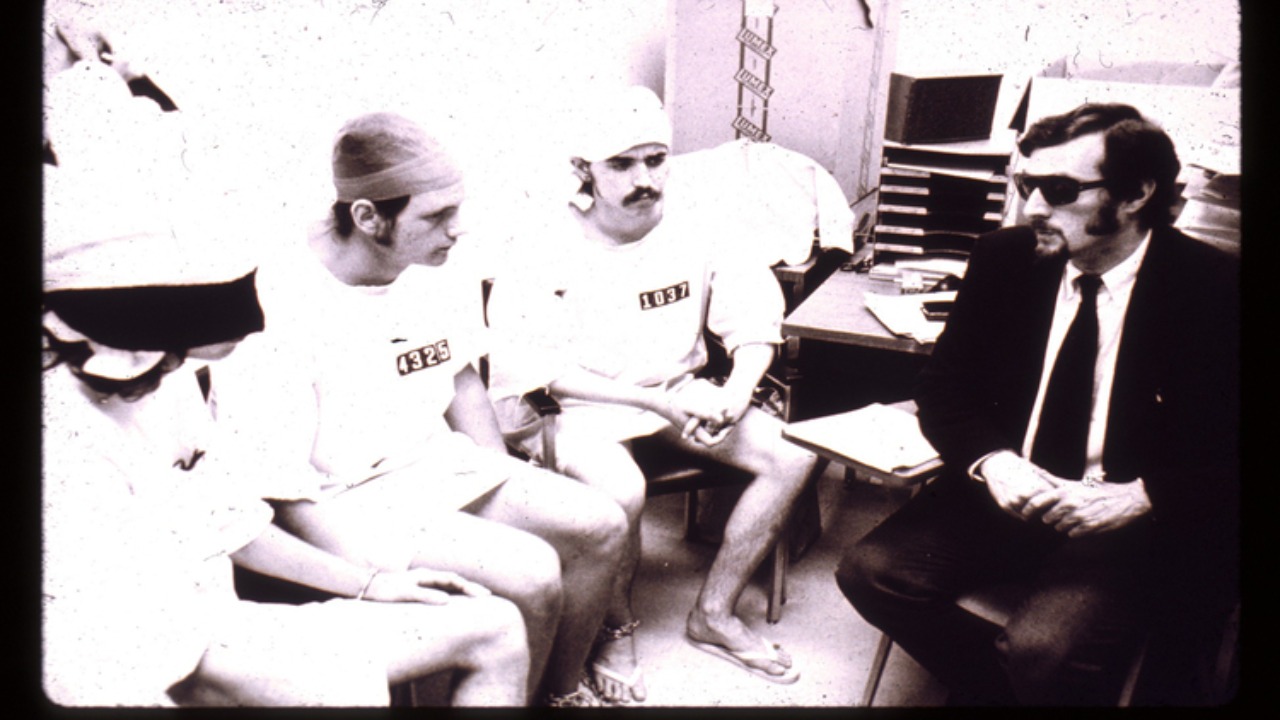
In 1971, psychologist Philip Zimbardo conducted the Stanford Prison Experiment, a study designed to analyze the psychological effects of perceived power. Participants were assigned roles of guards and prisoners in a mock prison setting. The results were harrowing; those assigned as guards became increasingly abusive, while prisoners showed signs of extreme stress and helplessness.
The experiment spiraled out of control within days, ultimately being terminated early. Its findings have been pivotal in understanding how situational forces can influence behavior, yet it has faced criticism for its ethical shortcomings and lack of scientific rigor.
Operation Midnight Climax: Hallucinogenic Espionage

Part of the broader MK-Ultra project, Operation Midnight Climax was a dubious endeavor by the CIA. The agency set up safe houses in San Francisco and New York, where unsuspecting individuals were lured by sex workers and subsequently dosed with LSD. The goal was to study mind control under the guise of espionage.
This operation, while seemingly outlandish, highlights the extremes of Cold War paranoia. The legality and morality of using citizens as unwitting subjects for drug experiments were, and remain, highly controversial. Learn more about the intricacies of this operation and its impact on public trust.
The Tuskegee Syphilis Study: Ethics on Trial
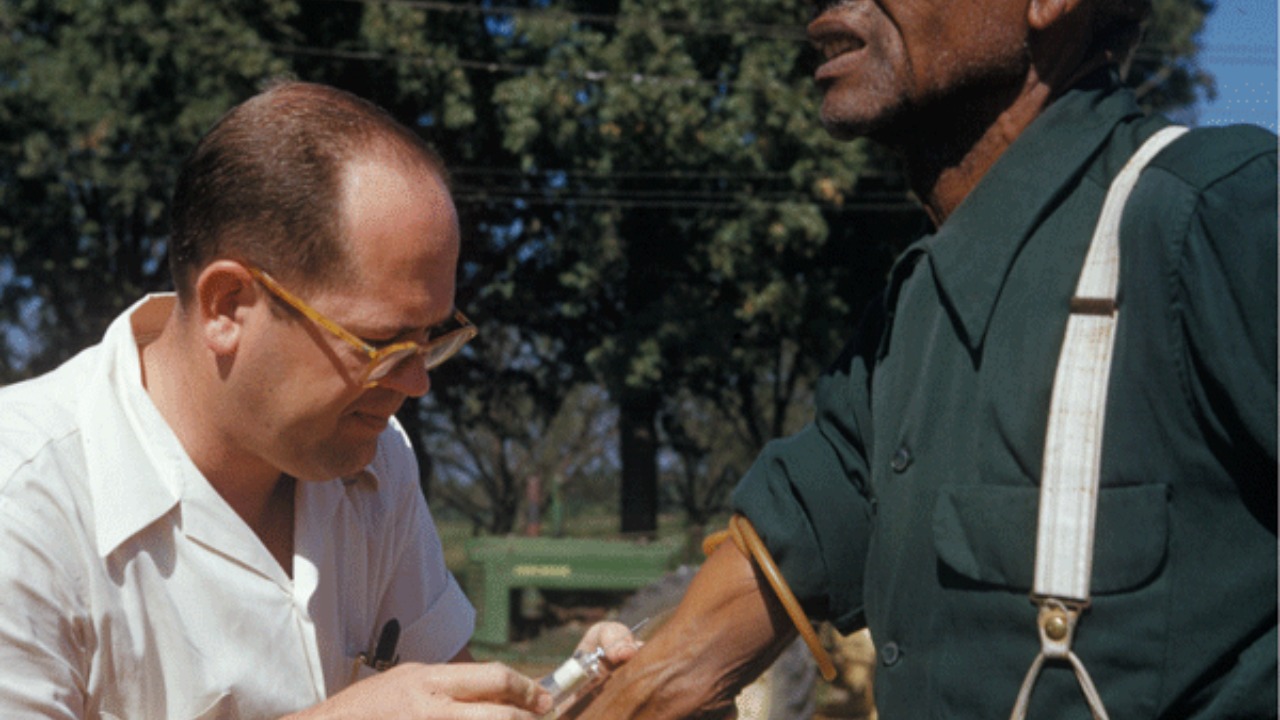
The Tuskegee Syphilis Study is a notorious example of unethical medical research. Conducted between 1932 and 1972 by the U.S. Public Health Service, the study observed the natural progression of untreated syphilis in African American men. Participants were misled and denied proper treatment, even after penicillin became the standard cure.
This study is a stark reminder of racial exploitation in medical research and led to significant changes in ethical standards and regulations for human subjects.
The Monster Study: Speech Pathology’s Darkest Hour

In 1939, researchers at the University of Iowa conducted an experiment that would later be known as the Monster Study. The aim was to investigate stuttering in children, but the methods involved negative reinforcement and psychological pressure on orphans, leading to long-term psychological effects.
The ethical violations of this study highlight the potential harm of unchecked experimentation, particularly when vulnerable populations are involved. It serves as a cautionary tale for researchers in the importance of ethical considerations and informed consent.
The Milgram Experiment: Obedience to Authority Tested
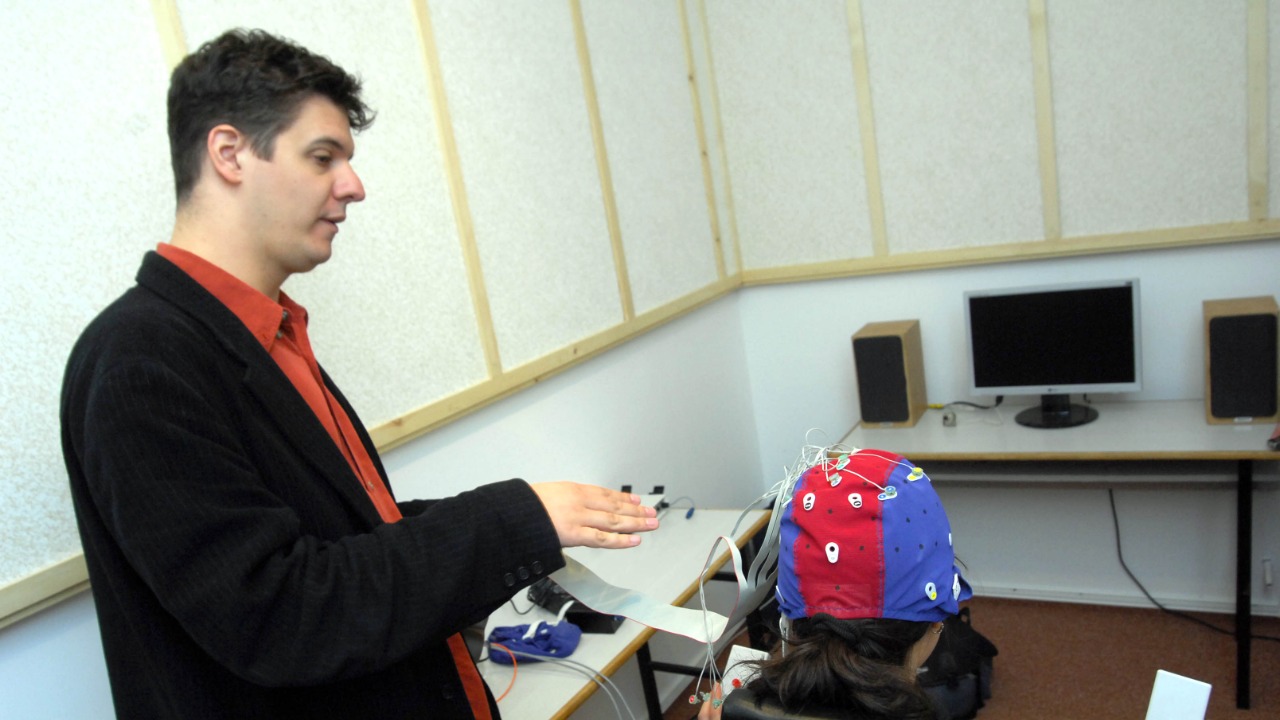
In the early 1960s, psychologist Stanley Milgram conducted a series of experiments to explore the extent to which individuals would follow orders, even if they believed they were causing harm to another person. Participants were instructed to administer electric shocks to a “learner” for incorrect answers, revealing surprising levels of obedience to authority.
The Milgram Experiment has been extensively analyzed for its insights into human behavior, particularly in understanding how ordinary people can commit extraordinary acts under directive pressure. It remains a cornerstone study in social psychology, raising questions about the balance between scientific inquiry and ethical responsibility.
The Aversion Project: A Disturbing Military Secret

The Aversion Project, conducted during the apartheid era in South Africa, involved the use of aversion therapy to “cure” homosexuality among military personnel. The methods were invasive, including electric shock therapy and chemical castration, and were conducted without informed consent.
This project exemplifies how institutional power can be misused under the guise of ‘treatment.’ The revelations of these practices have led to apologies and reparations, highlighting the ongoing need for ethical vigilance in medical and psychological research.
Operation Paperclip: Scientists in the Shadows
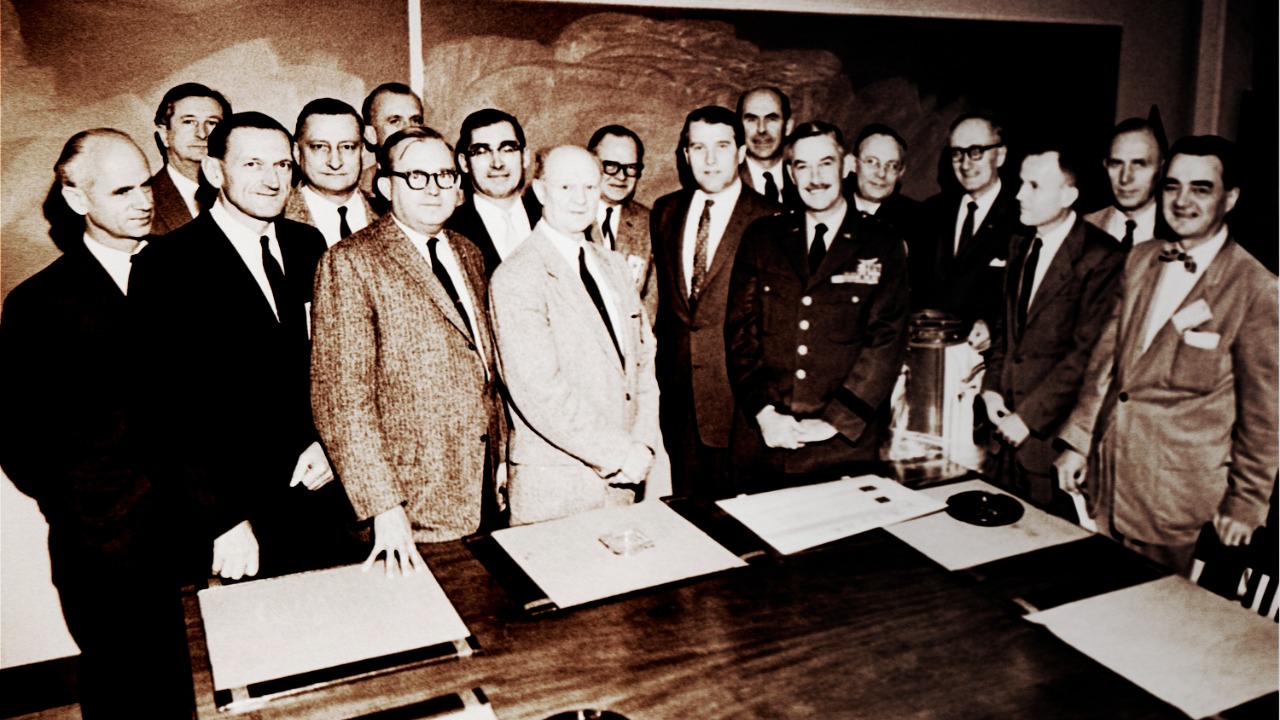
At the end of World War II, the U.S. initiated Operation Paperclip, a secret program to recruit German scientists, many of whom were former Nazis, to work on American scientific endeavors. This operation was controversial due to the ethical implications of granting asylum to individuals with questionable wartime activities.
Operation Paperclip illustrates the moral dilemmas faced during geopolitical conflicts where strategic advantages often overshadow ethical considerations. The program’s declassification shed light on the complexities of post-war politics and the lengths nations will go to secure technological superiority.